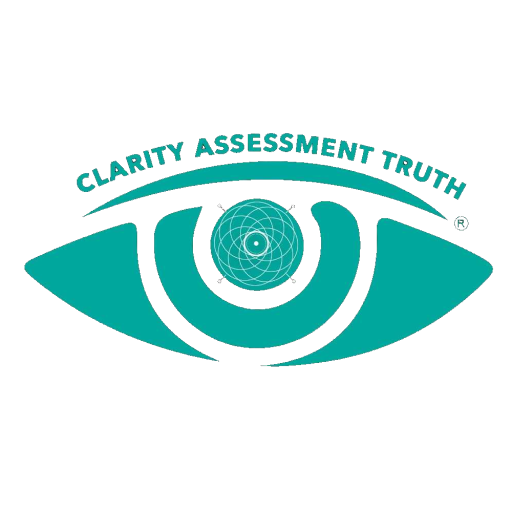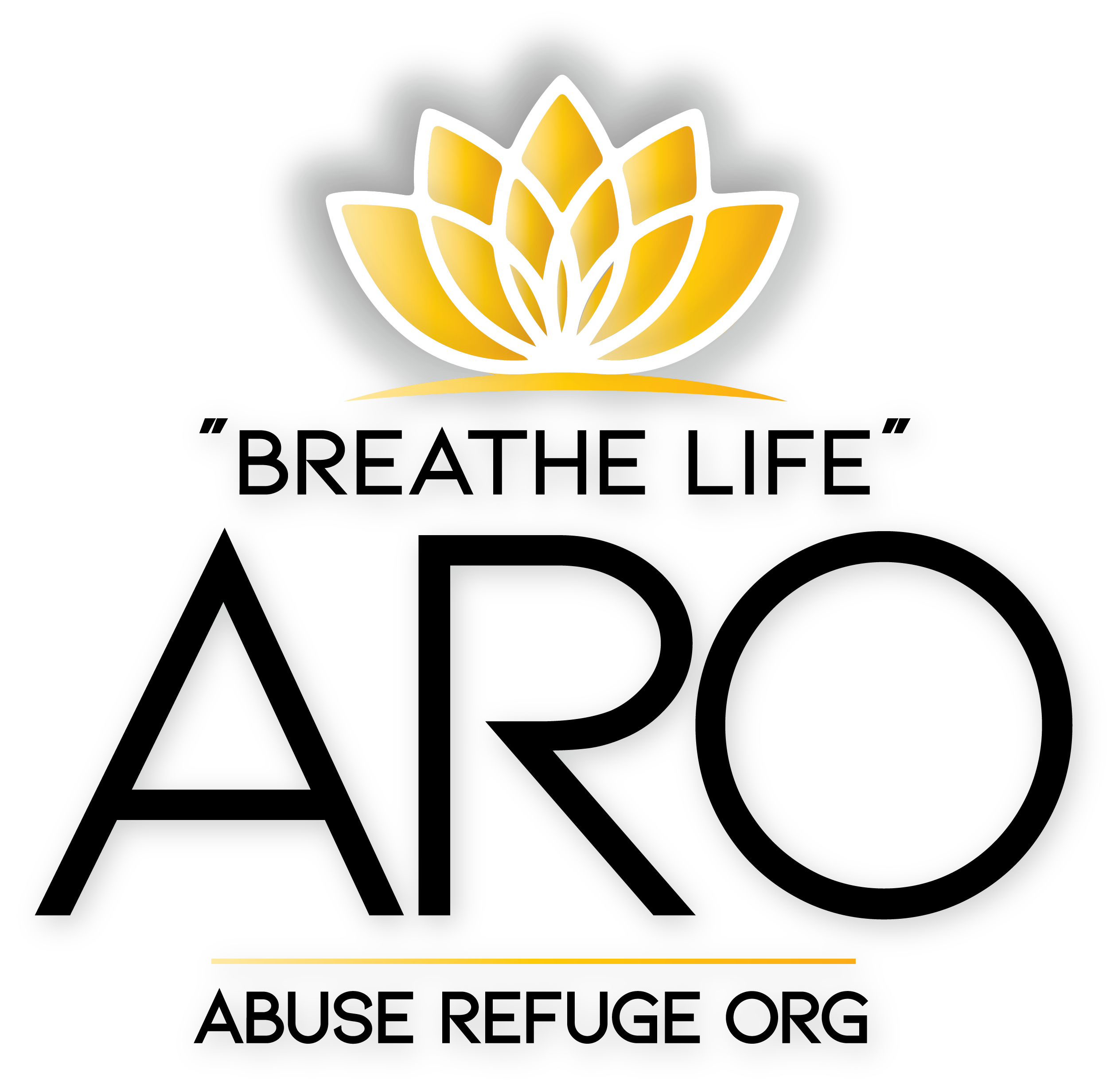Spousal Abuse is also known as “Domestic Abuse” or “Intimate Partner Violence”, is a serious and pervasive issue. Understanding its definition, victim markers, and potential solutions can help provide comprehensive support for survivors.

Spousal Abuse refers to a pattern of behavior where one partner in an intimate relationship exerts control over the other through emotional, sexual, or physical abuse. It can be manifested through threats, physical violence, manipulation, coercion, stalking, economic control, and other means that diminish the victim’s autonomy and well-being.
Identifiable Victim Markers (IVMs):
• Anxiety: Constant worry and fear related to the relationship or partner.
• Argumentative: Defensive or confrontational behavior, particularly when discussing the relationship.
• Compliance: Obedience or submission to the partner’s demands, often out of fear.
• Defensiveness: A protective stance against perceived criticism or judgment.
• Denial: Denying or minimizing the abuse.
• Dismissive: Dismissing or downplaying the severity or impact of the abuse.
• Dissociation: Emotional or psychological detachment as a coping mechanism.
• Isolation: Withdrawing from friends, family, or support systems.
• Labeling: Internalized negative labels or stereotypes about oneself.
• Nervousness: Persistent nervousness or unease around the partner or others.
• Self-blame: Blaming oneself for the abuse or for provoking the partner.
• Self-criticism: Harsh self-judgment or criticism, often reinforced by the abuser.
• Self-doubt: Persistent doubt in one’s judgment, perceptions, or abilities.


